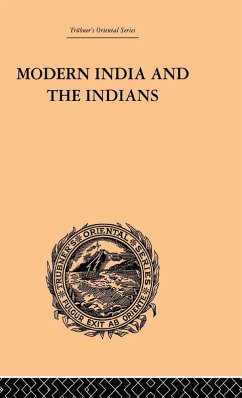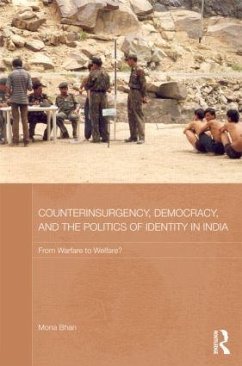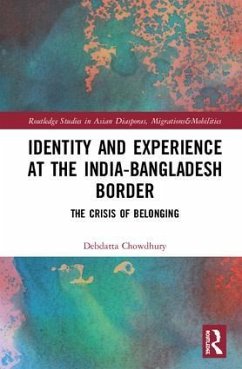
The Modern Anthropology of India
Ethnography, Themes and Theory
Herausgeber: Berger, Peter; Heidemann, Frank
Versandkostenfrei!
Versandfertig in 1-2 Wochen
228,99 €
inkl. MwSt.

PAYBACK Punkte
114 °P sammeln!
The Modern Anthropology of India is an accessible textbook providing a critical overview of the ethnographic work done in India since 1947. It assesses the history of research in each region and serves as a practical and comprehensive guide to the main themes dealt with by ethnographers. It highlights key analytical concepts and paradigms that came to be of relevance in particular regions in the recent history of research in India, and which possibly gained a pan-Indian or even trans-Indian significance.














